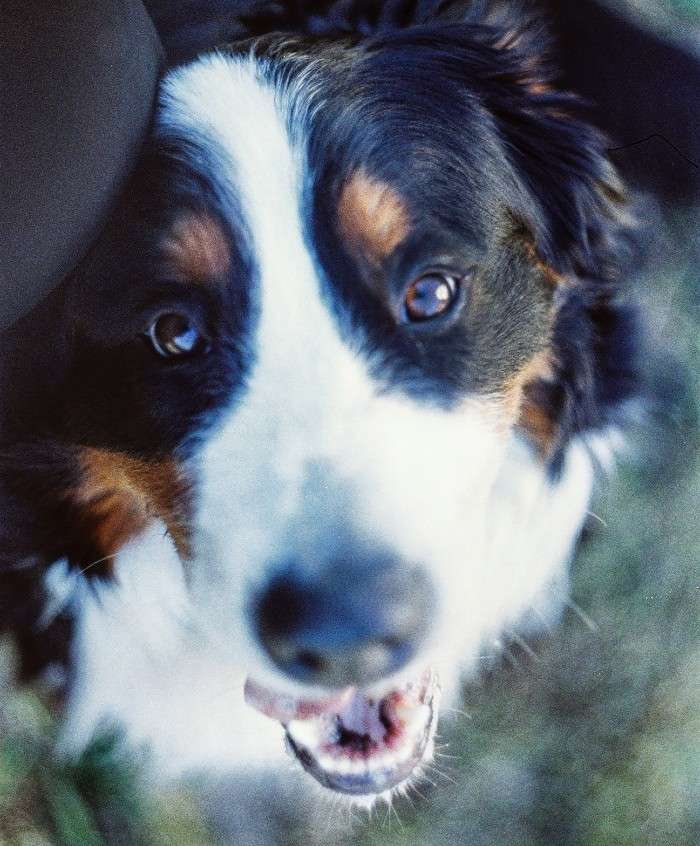- July 16, 2022
- No Comment
- 3 minutes read
K-State's Aldrich urges pet owners to monitor food, water intake – Salina Post

By TAYLOR JAMISON
K-State Research and Extension News Service
MANHATTAN — Just as humans crave a cold drink during the sweltering heat of the summer, the same holds true for dogs and cats.
Kansas State University animal nutrition expert Greg Aldrich said that water needs can increase for pets during the summer months.
“If the temperature gets relatively hot, above 86 degrees Fahrenheit, pets will need more water,” Aldrich said.
While there is not much scientific data available on how seasonal water intake differs, Aldrich said in general, pets should be drinking 50-60 milliliters water per kilogram of bodyweight.
“So, a 10 kilogram dog (22 pounds) would need 500-600 milliliters (1/2 to 2/3 quarts) water,” Aldrich said. “Under higher temperatures, water intake will increase by 6-10 milliliter per 1 degree centigrade. So, in round figures, that’s another 10% water per day when the temperatures go over 30 C (86 F).”
Aldrich said a general rule is to simply provide a constant supply of drinking water.
According to Aldrich, signs of dehydration may include:
●Loss of skin elasticity.
●Decrease in saliva production.
●Loss of appetite.
●Limited urination and defecation.
●Difficulty with balance and coordination.
Pet owners witnessing any of these symptoms should provide water immediately and seek help from a veterinarian.
Regarding food intake, Aldrich says pets housed outdoors may actually have a decrease in appetite.
“It is not uncommon that food intake will decline 10% or more, and that dogs may still gain weight during the hotter months,” he said. “They will likely lose these pounds during the cooler winter months.”
Even if the pet is housed outdoors, food should be kept in a cool, dry place. Aldrich emphasized the importance of providing shade and good ventilation for pets during the harsh summer months.
More information caring for pets, and other information, is available from local K-State Research and Extension offices.
Copyright © 2022 Salina Post – Powered byEagle Radio

